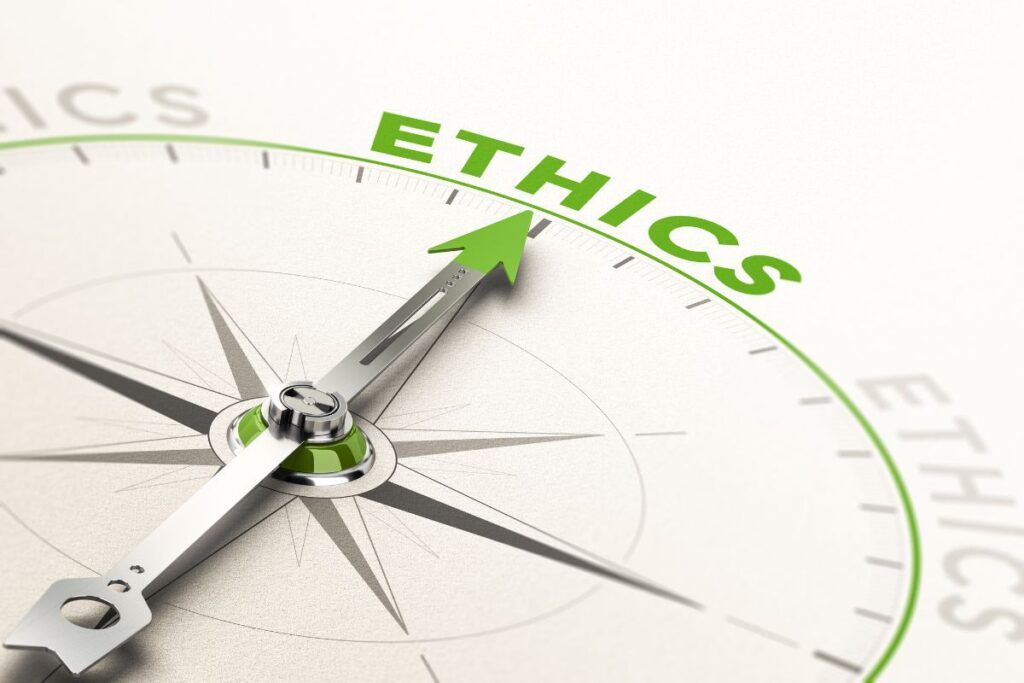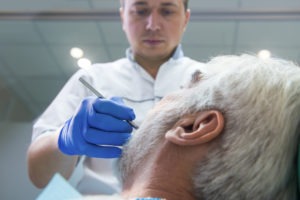Dentists, dental hygienists, and dental assistants are subject to the laws, rules, and policies that the state and federal legislatures and the Texas State Board of Dental Examiners (the Board) determine to apply to them. Complaints from patients against these dental professionals about violations of these rules or laws may lead to disciplinary action. As a result, all dental professionals licensed and regulated by the Board must have an in-depth knowledge and understanding of their ethical and legal duties and responsibilities, whether outlined in laws, rules, or policies.
Furthermore, if a rule, law, or policy violation leads to a complaint and potential disciplinary action, you must take immediate steps to protect your license. Having a dental license defense attorney on your side can make a significant difference in the overall outcome of your case.
Texas Dentists and the Minimum Standard of Care
22 Tex. Admin. Code §108.7, amended by the state legislature in 2022, outlines the minimum standard of care for dentists. Generally, dentists should conduct their practices in a manner consistent with a reasonable and prudent dentist under the same or similar circumstances, avoid negligence in providing dental services, and use proper diligence in their dental practices. However, dentists also must abide by more detailed provisions related to a minimum standard of care, as follows:
- maintain all patient records as required by law;
- obtain, maintain, and review an initial medical history with specific contents to be reviewed at least annually;
- perform and review a limited physical examination at least annually;
- for office emergencies:
- maintain a positive pressure breathing apparatus, including oxygen, in working order;
- maintain other emergency equipment and currently dated drugs;
- provide training to dental office personnel in emergency procedures which shall include, but not necessarily be limited to, basic cardiac life support, inspection and utilization of emergency equipment in the dental office, and office procedures to be followed in the event of an emergency; and
- shall adhere to generally accepted protocols and standards of care for the management of complications and emergencies;
- complete a current course in basic CPR given or approved by either the American Heart Association or the American Red Cross;
- maintain a written informed consent signed by the patient, or a parent or legal guardian of the patient, if the patient is a minor or the patient has been adjudicated incompetent to manage the patient’s personal affairs, where:
- a reasonable possibility of complications from the treatment planned or a procedure exists, or
- the treatment plans and procedures involve risks or hazards that could influence a reasonable person in deciding to give or withhold consent, and
- the consent must disclose any complications, risks, and hazards;
- safeguard patients against avoidable infections as required;
- maintain a centralized inventory of drugs;
- report patient death or hospitalization as required;
- abide by sanitation requirements as required;
- abide by patient abandonment requirements as required;
- abide by requirements concerning notification of discontinuance of practice as required; and
- hold a Level 1 permit (Minimal Sedation permit) issued by the Board before prescribing and administering Halcion (triazolam), which only should occur in an in-office setting.
Consequences of Failing to Meet the Standard of Care
Tex. Occ. Code §263.002 provides the various grounds that can lead to disciplinary action against dentists and dental professionals by the Board. One of those grounds exists when a person “fails to treat a patient according to the standard of care in the practice of dentistry or dental hygiene.” As a result, under this code section, a dentist who fails to meet the minimum standard of care may face disciplinary action by the Board, which can include a warning letter, a fine, an administrative penalty, a license suspension, placement on probation with a license suspension, and license revocation.
According to the Board’s Disciplinary Matrix, falling below the minimum standard of care when providing dental treatment calls for a base administrative penalty of $1,000, not exceeding $5,000, for each violation.
The Matrix further classifies minimum standard of care violations into three tiers based on severity and accompanying sanctions. The tiers and their sanctions are as follows:
- First Tier Violation – Practice below the minimum standard of care; violation (1) presents a low risk of patient harm, or (2) caused minimal patient harm: Sanction – Remedial Plan or Administrative Penalty, including continuing education and/or restitution to the patient for service rendered below minimum standard; Warning or Reprimand.
- Second Tier Violation – Practice below the minimum standard of care; violation (1) presents a significant risk of patient harm or (2) causes significant patient harm. Act or omission that demonstrates the level of incompetence suggesting that the person should not practice without remediation and subsequent demonstration of competency: Sanction – Reprimand or Probated Suspension.
- Third Tier Violation – Practice below the minimum standard of care; violation caused serious patient harm or death. Any intentional act or omission that risks or results in serious harm to a patient or other person: Sanction – Enforced Suspension until adequate remedial measures have been completed and the licensee has demonstrated competency, followed by Probated Suspension; Denial, revocation of license, or request for voluntary surrender; or Consideration of temporary emergency suspension of license.
We Will Stand Up for Your Rights and Fight for Your License
You can count on the experienced dental license defense lawyers at Bertolino LLP, to defend you when you receive notice of disciplinary action against your license. We will investigate the circumstances that led to your disciplinary proceedings and devise the best strategy for your case. In addition, we will work to clear your name and ensure your professional license remains intact. Call us at (512) 515-9518 or contact us online.
Call or text (512) 476-5757 or complete a Case Evaluation form






